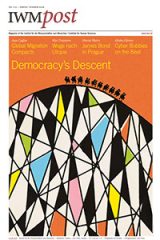

In collaboration with
Institute for Human Sciences
The Institute for Human Sciences / Institut für die Wissenschaften vom Menschen (IWM) is an independent institute for advanced study in the humanities and social sciences. Since its foundation in 1982, it has hosted more than 1500 scholars, journalists and translators from all over the world. Many of the Institute’s Permanent and Visiting Fellows are regular contributors to Eurozine or its focal points Eurasia in Global Dialogue and Ukraine in European Dialogue (see below).
Website: www.iwm.at
Twitter: @IWM_Vienna
Youtube: IWMVienna

Articles

‘Nowadays I often cry’
An interview with Victor Martinovich
Physical violence and political repression continue to torment Belarusian streets. Ongoing activism incurs a heavy, emotional toll. Could solace and stamina be found in literature, metaphysical reflections on the question of evil?
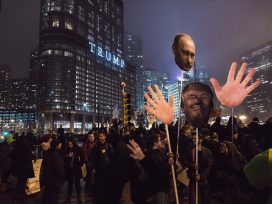
Sadopopulism and the politics of eternity: Shalini Randeria and Timothy Snyder discuss why it’s impossible to talk sensibly about Trump without invoking the history of fascism.
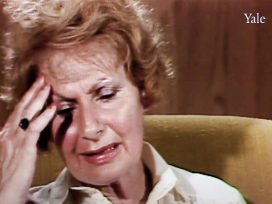
How can intense description of what is irreducibly particular help us to extract elements that are universal? Parallels between the child separations at the US–Mexico border and the experiences of Holocaust survivors prompt historian Marci Shore to ask what we can and cannot understand by thinking in comparisons with the past.
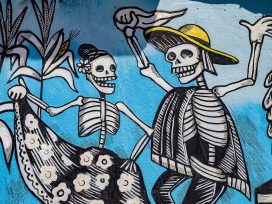
Beyond organized crime
Armed violence and drug production in Mexico
The distinctions between exploiter and exploited are ill-defined, keeping small-scale poppy producers locked in criminality in northern Mexico. The military, drug trade intermediaries and an inaccessible legal framework all conspire to marginalize those who experience violence on a daily basis.
Focal points
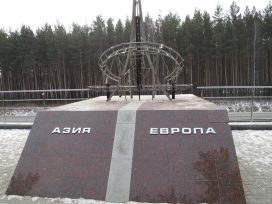
The focal point presents the findings of the project ‘Eurasia in Global Dialogue’ being carried out at the Institute for Human Sciences, Vienna (IWM). The focal point is an extension of the earlier focal point, ‘Russia in Global Dialogue’ that ran in Eurozine and at the IWM from 2012–2018.

Post-revolutionary Ukrainian society displays a unique mix of hope, enthusiasm, social creativity, collective trauma of war, radicalism and disillusionment. With the Maidan becoming history, the focal point ‘Ukraine in European Dialogue’ explores the new challenges facing the young democracy, its place in Europe, and the lessons it might offer for the future of the European project.
Projects and publications
